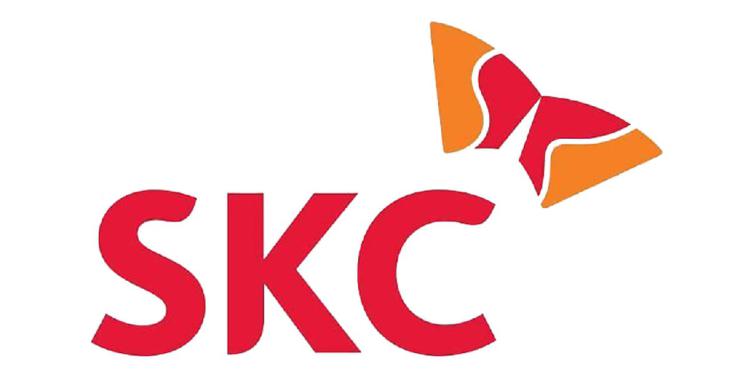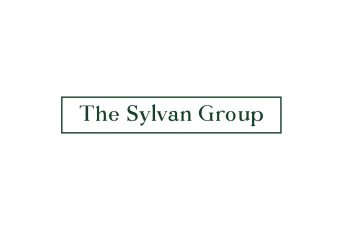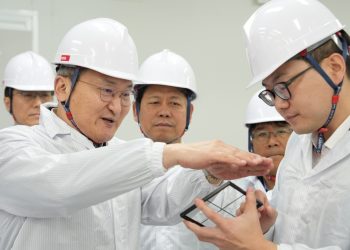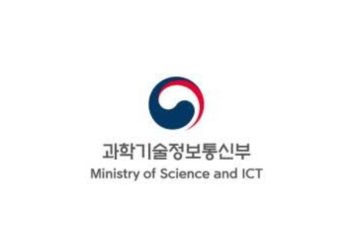SKC Co. announced on Monday that it would begin mass production of high-end blank masks by the second quarter of this year.
High-end blank masks are core material for the production of semiconductor chips. The mass production would enable sister chipmaking company SK Hynix Co. self-sufficiency as it previously relied on more than 90 percent for essential wafer fabrication parts from Japanese import.
South Korea’s Ministry of Trade, Industry, and Energy conducted a field inspection of localization on Monday at SKC’s plant in Cheonan City. Since 2018, SKC invested a total of 43 billion won ($35 million) into completing the construction of its plant last December. Thanks to the Korean government’s support of local manufacturers, the new blank mask plant could speed up its operation, reducing its reliance on Japanese materials imports.
Blank masks are the base materials for photomasks, opaque glass plates with transparencies, and holes that enable lasers to shine through engraving circuits on semiconductor wafers.
Korean Government Pushing for Self-reliance
SK Group‘s components affiliate’s announcement marks the country’s effort to become more self-reliant on base materials. Following a trade dispute last year with Japan, the local semiconductor and display industries suffered. After Japan imposed its export restrictions, Tokyo removed Seoul from its list of preferred trading partners.
Last week, the ruling Democratic Party of Korea (DPK) won a landslide victory in the critical nationwide general election. After the results, the government said it plans to prioritize various economic agendas and implement a stimulus for economic recovery after the latest financial crisis due to the coronavirus spread.
The Korean government said it would support local companies to expand their domestic production, technology development, and diversification of overseas supply chains. The government hopes to reduce the country’s heavy reliance on Japanese suppliers on high-tech materials.
During his visit to SKC’s blank mask factory, vice trade minister Cheong Seung-il said that the government intends to inject over 210 billion won ($172 million) this year to aid the commercialization of essential materials.







